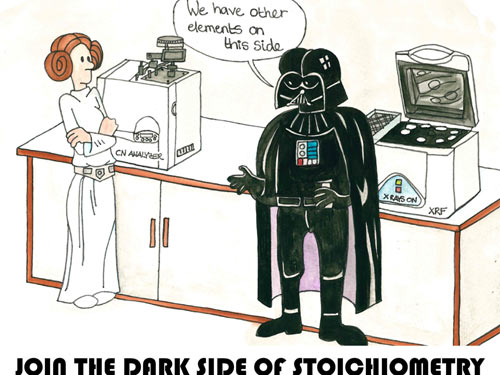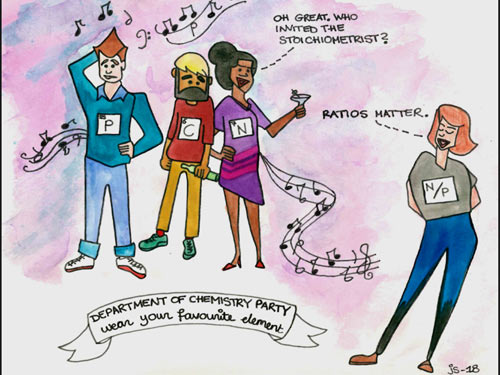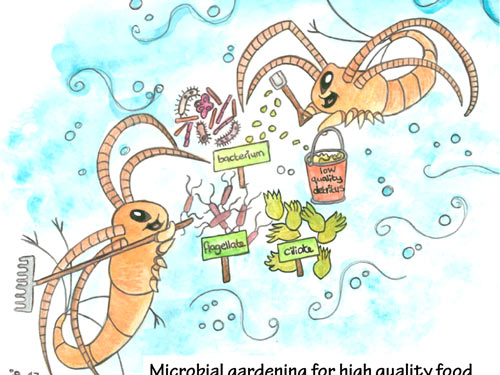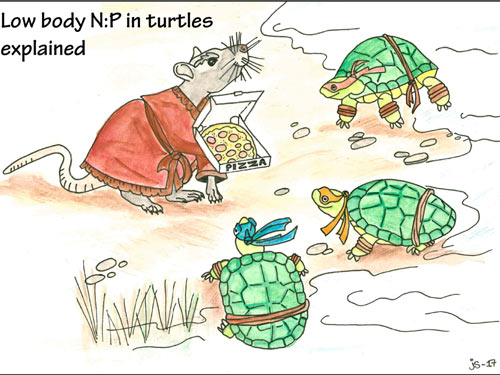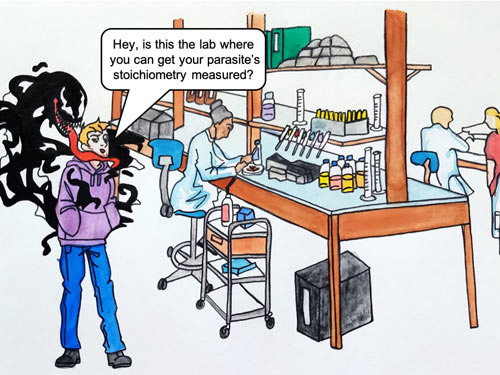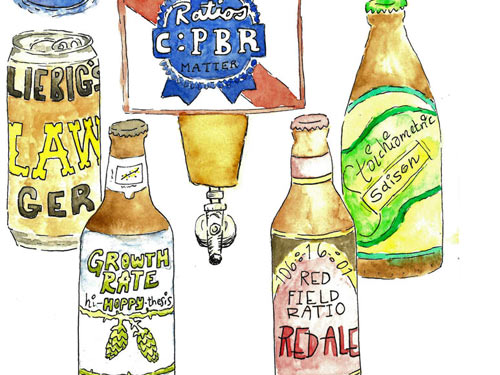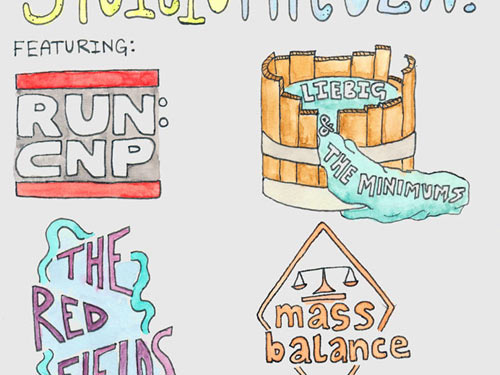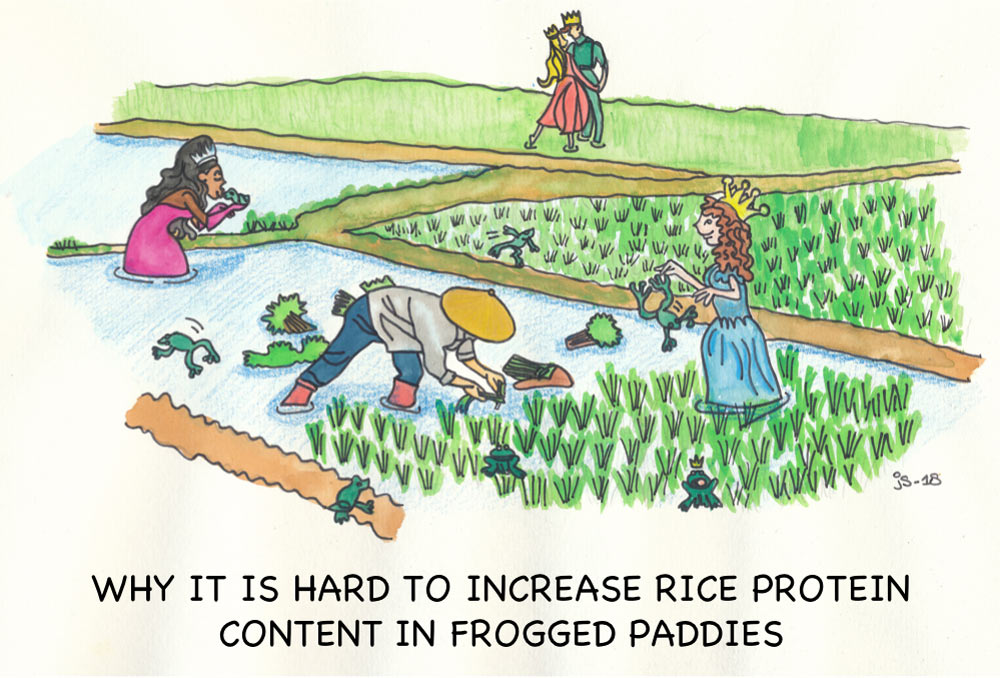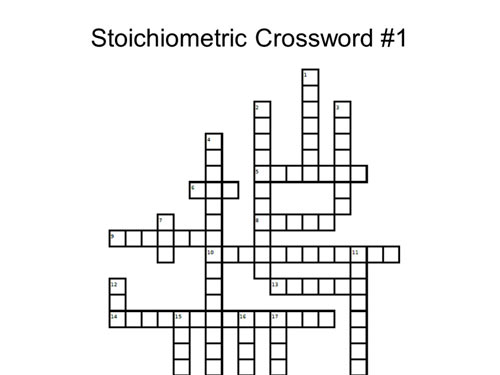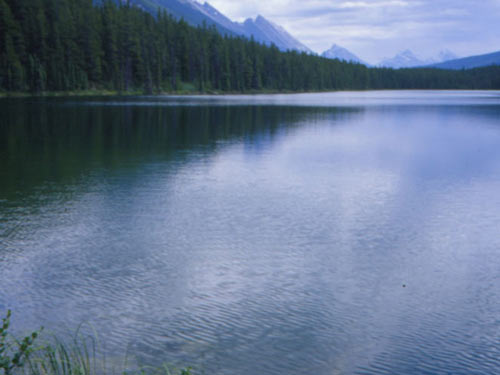March 2024
download issueRatios Matter is a quarterly newsletter keeping you up to date on what’s happening in the field of ecological stoichiometry. This newsletter will include conference announcements, special sessions, summaries of new manuscripts, job openings, and interesting stories behind the science. Subscribe to the newsletter so you don’t miss anything.
Recent and Archived Issues
Download our most recent or archived issues here
June 2022
download issueDecember 2021
download issueAugust 2021
download issueMarch 2021
download issueNovember 2020
download issueMay 2020
download issueJanuary 2020
download issueAugust 2019
download issueMay 2019
download issueFebruary 2019
download issueNovember 2018
download issueAugust 2018
download issueApril 2018
download issueJanuary 2018
download issueOctober 2017
download issueJuly 2017
download issueApril 2017
download issueJanuary 2017
download issueWhat is Ecological Stoichiometry?
Interested in learning more? Subscribe to the newsletter to find out about the latest research on this exciting topic and the people doing it.
Meet the Editorial Team

Paul Frost, Editor-in-Chief
Trent University, Canada
Paul is the David Schindler Professor of Aquatic Science at Trent University where his research program examines the role of nutrients in aquatic food webs through their effects on the nutritional physiology of plants and animals. He has on-going research on the elemental nutrition of freshwater algae and zooplankton and how this affects nutrient dynamics in lakes.
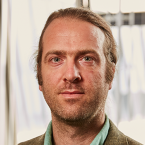
Francis Brearley
Manchester Metropolitan University, UK
Francis is a Senior Lecturer in Ecology at Manchester Metropolitan University interested in diversity and functioning of tropical rainforests.
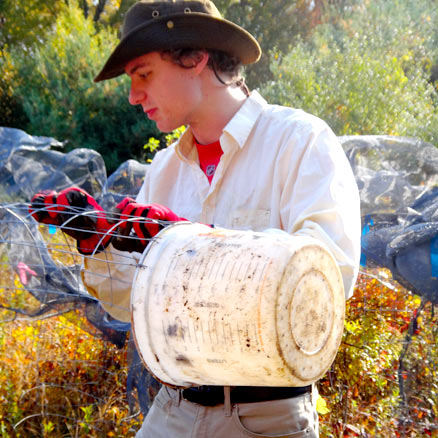
Robert Buchkowski
Western University, Canada
Robert is an NSERC Postdoctoral Fellow at Western University in London, Ontario. He studies the role animals, plants, and microorganisms play in cycling of elements through terrestrial ecosystems using field experiments and theoretical models.
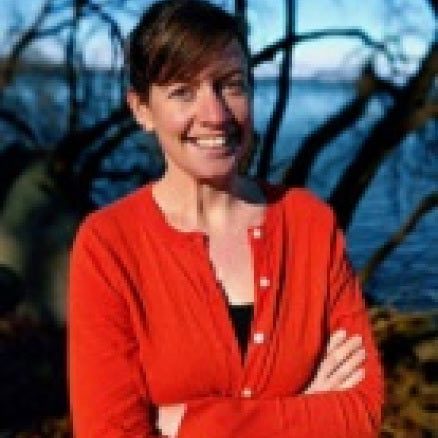
Jessica Corman
University of Nebraska-Lincoln, USA
Jessica is an Assistant Professor in the School of Natural Resources and a Daugherty Water for Food Global Institute Faculty Fellow at the University of Nebraska-Lincoln. Her research program focuses on understanding the processes that link carbon, nitrogen, and phosphorus cycles. Her work is mostly in lakes and streams, but spans from heavily altered regions to wilderness areas.
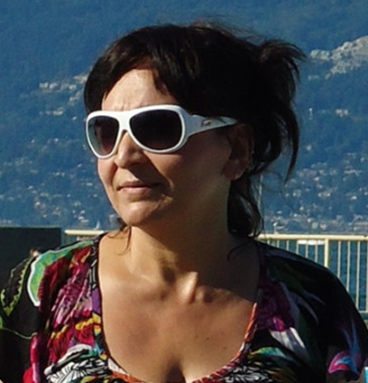
Angélica González
Rutgers, USA
Angélica is an Associate Professor at Rutgers University where she studies how the avail-ability, storage and trans-fer of energy and matter affects biodiversity, trophic interactions and ecosystem processes.

Catriona Jones
Trent University, Canada
Catriona is a postdoctoral research associate at Purdue University in Indiana. Their research focuses on nutrient dynamics in the lower food web, with a particular focus on utilizing the lower foodweb to understand ecosystem-level processes. In their current role, they are collaborating with the EPA's Great Lakes National Program Office to examine long-term trends in nutrient dynamics in the Laurentian Great Lakes and what these trends can tell us about current water quality issues facing the Great Lakes.
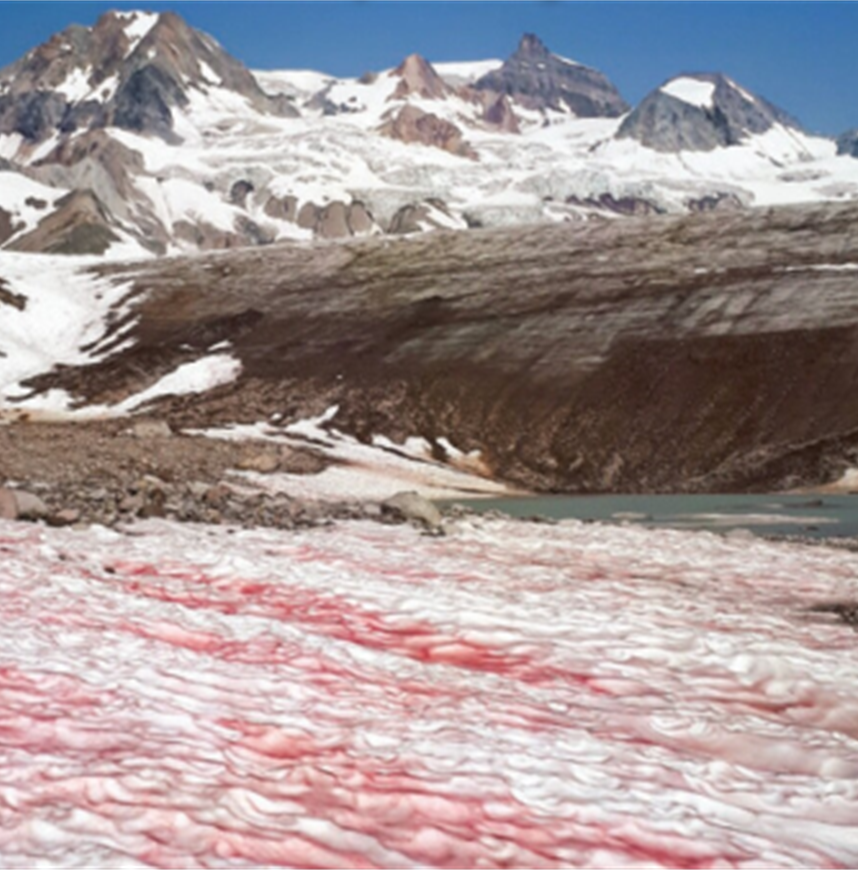
Helena Klip
University of Montana, USA
Helena Klip recently moved to the University of Montana where she is a Postdoctoral Research Associate examining snow algal dynamics on glaciers.
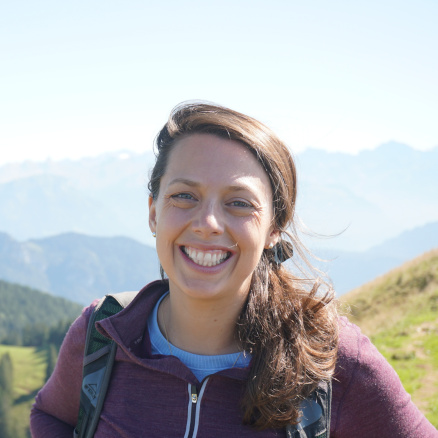
Kimberley Lemmen
University of Zürich, Switzerland
Kimberley is a postdoctoral researcher at the University of Zürich. She is interested in understanding how the adaptation of consumers to stoichiometric mismatch with their resources influences community dynamics and the potential eco-evo feedback due to heritable adaptation.

Charlotte Narr
Southern Illinois, USA
Charlotte is an assistant professor at Southern Illinois University. She studies the causes and consequences of nutrient flows through aquatic organisms to inform our understanding of aquatic parasite-host interactions and floodplain nutrient management.
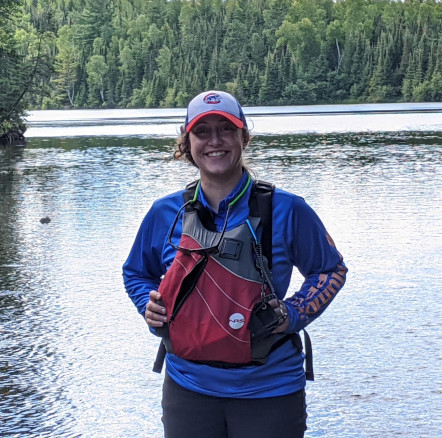
Brittany Perrotta
McMaster University, Canada
Brittany is a postdoctoral associate with the USGS - Columbia Environmental Research Center and McMaster University. She studies how microbial communities, macroinvertebrates, and food webs respond to anthropogenic stressors including emerging/legacy contaminants and nutrient pollution.
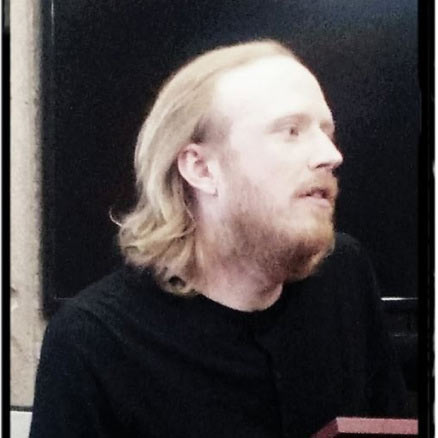
Clay Prater
Oklahoma State University, USA
Clay’s work consists of studying elemental variation across biological scales.

Nicole Wagner
Baylor University, USA
Nicole is a postdoctoral associate in the Center for Reservoir and Aquatic Systems Research at Baylor University, where she studies how the supply of nutrients and their ratios affect harmful algal bloom growth, stoichiometry and cyanotoxin production. She also examining how farm ponds can be used to decreased sediment and nutrient transport to down stream rivers and lakes.
How to submit to Ratios Matter
Ratios Matter is pleased to accept contributions from the stoichiometric community. This includes announcements, summaries of recently published work, photos, ideas or opinion pieces, and pretty much anything else that has a stoichiometric angle to it. To submit to Ratios Matter, please email us at ratiosmatter@gmail.com with a short description of your proposed contribution. If your contribution is suitable for Ratios Matter, we will provide additional information on the submission and review process. Do not hesitate to contact us with any questions about submitting and publishing in Ratios Matter.
subscribe
For your free subscription and to automatically receive each new issue in your email inbox when it’s released, send us an email at ratiosmatter@gmail.com with Subscribe as the email’s title. In the body, please include your preferred email and your home institution and country.
You can unsubscribe at any time in future (no worries about this) by sending an “unsubscribe” email to ratiosmatter@gmail.com.
Ratios Matter (RM) is a non-profit quarterly newsletter produced by stoichiometry enthusiasts. RM will use your name and email address only for sending the quarterly newsletter. Data is securely stored and will not be shared with third parties.
